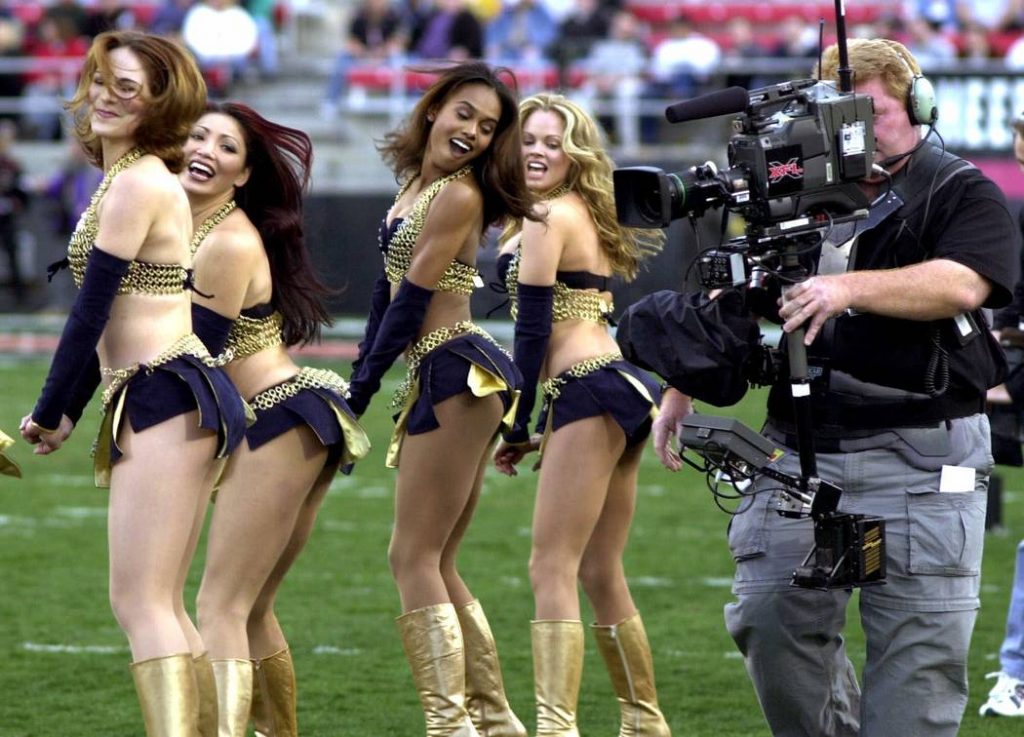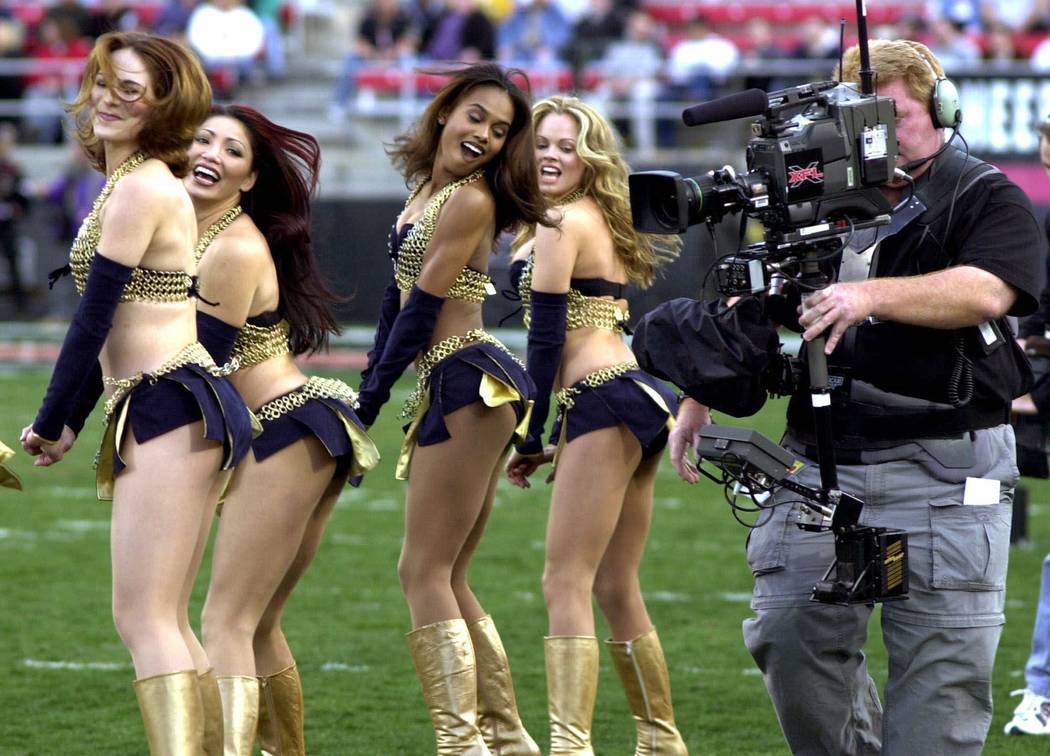
The first XFL was founded in 2001 by Vince McMahon, the chairman of the World Wrestling Federation (WWF, now WWE), and Dick Ebersol, a television executive. Despite significant hype and anticipation, the league failed to attract sustained interest and folded after just one season. The failure of the XFL in 2001 can be attributed to several factors.
XFL Quality of Play
Firstly, the quality of play in the XFL was not up to par with the NFL. The league was filled with players who were not good enough to make it in the NFL, and the level of play suffered as a result. This turned off fans who were used to watching high-quality football in the NFL, and they were not interested in watching a subpar product.
Lack of Star Players in the XFL
Secondly, the XFL did not have any established football stars in its ranks. Unlike the NFL, which has several well-known players who are household names, the XFL had no one who could draw fans to the games. The lack of star power made it difficult for the league to attract fans, as they did not have anyone to root for or identify with.
XFL Relied on Gimmicks
Thirdly, the XFL relied heavily on gimmicks and spectacle, which turned off many fans who were looking for serious football. For example, the league had cheerleaders with revealing outfits, and players were allowed to use nicknames on their jerseys. While these gimmicks may have attracted some fans initially, they ultimately detracted from the overall quality of the league and made it seem more like a sideshow than a serious football league.
XFL’s Experimental Rules
Fourthly, the XFL experimented with several rule changes, such as eliminating the coin toss and allowing players to use nicknames on their jerseys. However, these changes were not consistent across all games, which confused fans and led to a lack of coherence in the league. Fans were not sure what to expect from one game to the next, and this uncertainty made it difficult for them to get invested in the league.
XFL Failed to Market itself Effectively
Fifthly, the XFL failed to market itself effectively. Despite significant hype and promotion leading up to the league’s launch, the XFL failed to capitalize on this and convert it into sustained interest from fans. Many people were excited about the prospect of a new football league, but the XFL was unable to keep them interested beyond the initial hype.
XFL’s Bad Timing
Lastly, the timing of the XFL’s launch may have contributed to its failure. The league was launched just after the Super Bowl and during the NFL’s offseason, which made it seem like a minor league and not a serious competitor to the NFL. Fans were already invested in the NFL, and they did not see the XFL as a viable alternative.
Other Issues
In addition to these factors, there were other issues that contributed to the XFL’s failure. For example, the league was plagued by financial problems, as several of its teams were losing money and struggling to stay afloat. This led to a lack of investment in the league, which ultimately contributed to its demise.
Furthermore, the XFL had a confrontational relationship with the media, which made it difficult for the league to get positive coverage and build a fan base. McMahon and Ebersol were critical of the media’s coverage of the league, which led to a lack of cooperation and ultimately hurt the league’s chances of success.
In conclusion, the XFL failed in 2001 due to a combination of factors, including poor quality of play, lack of star power, overreliance on gimmicks, inconsistent rule changes, poor marketing, bad timing, financial problems, and a confrontational relationship with the media. While the XFL was an interesting experiment in the world of professional football, it ultimately failed to provide a compelling alternative to the NFL and was unable to build a long-lasting football experience or fan following.







